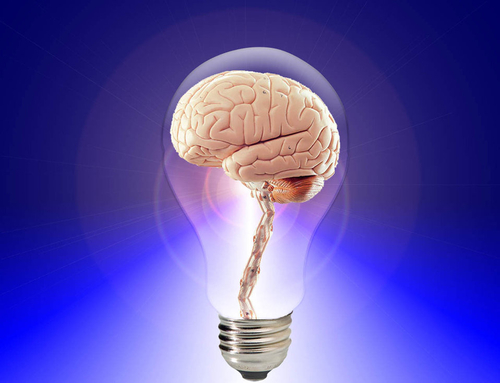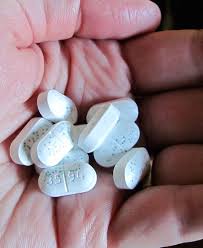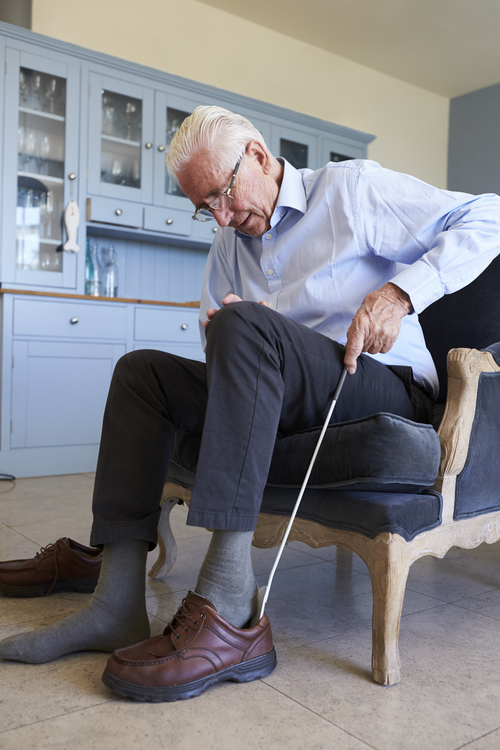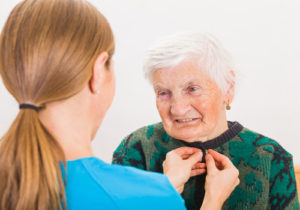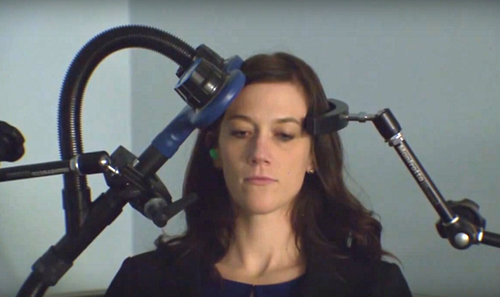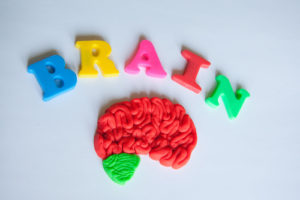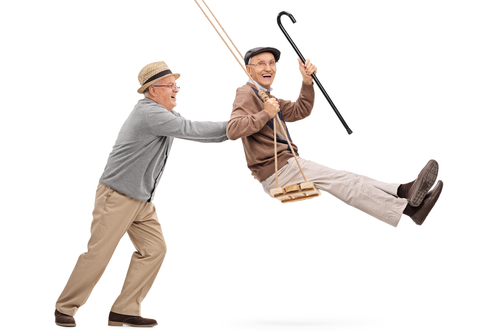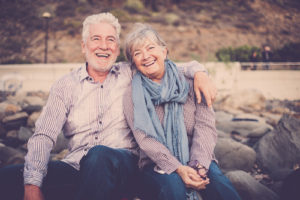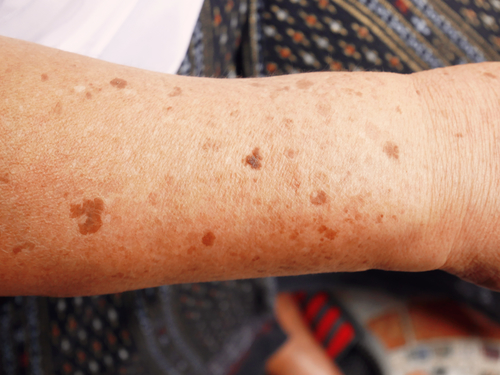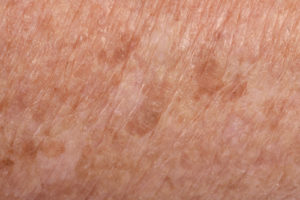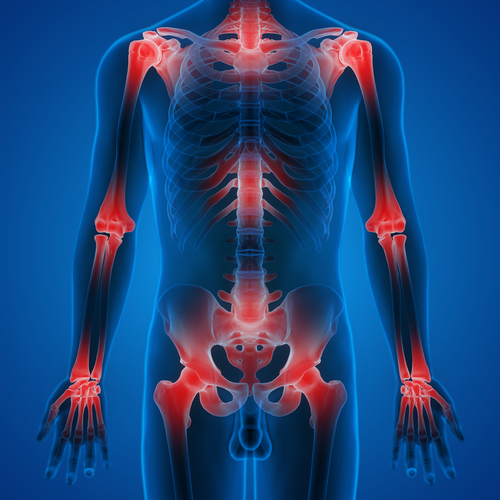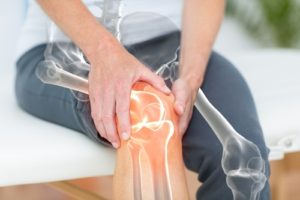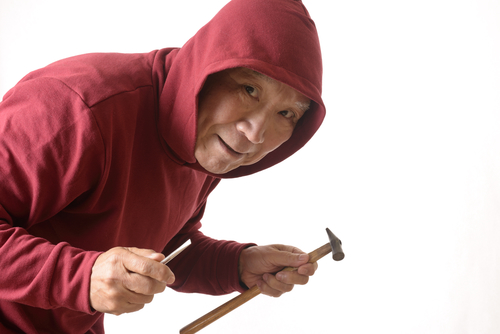
When you think of criminals, do you ever think of seniors? Probably not, right? Well, there is a surprising amount of crime being committed by the elderly in Asia. We’ve already talked about how Japanese seniors are committing crimes and being sent to jail. Now South Korea is dealing with an elderly crime wave.
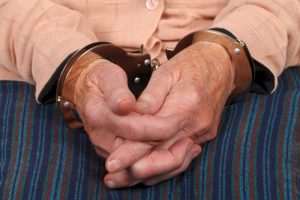
South Korea is Dealing With an Elderly Crime Wave
According to official statistics, there’s been a 45% increase in the last five years in crimes committed by people 65 and older. Serious crimes including murder, arson, rape, and robbery rose around 70%.
Those with cognitive dysfunctions committed some of these crimes. A man in his 70s was arrested for allegedly assaulting a courier because of a late package. When police arrived, it seemed like the man forgot that he got the package two days earlier.
Problems for South Koreans Seniors
Like with Japan, South Korean seniors are living longer, but they can’t support themselves. 60% of elderly Koreans don’t qualify for the national pension. This wasn’t introduced until 1988 and was not made compulsory until the late 90s.
In 2017, half of South Korean Seniors were living in relative poverty.
A key part of the crime problem is loneliness. With no job or way to contribute to society, people start to feel disconnected. This can lead to animosity towards others, depression, and antisocial behavior.
According to Cho Youn-oh, who is a professor and criminologist at Seoul’s Dongguk University, the isolation and feeling that they have nothing to lose could lead them to lose control and behave poorly.
People who have connections to society tend to have better control over themselves.
The Strain on the Country’s Prison System
Like with Japan, the prison system is struggling with the influx of senior prisoners. This is because they bring a variety of health issues and usually have to be separated from the rest of the population.
That is because they are weaker than the younger prisoners and are likely to get into fights due to cultural differences.
Read more here.


